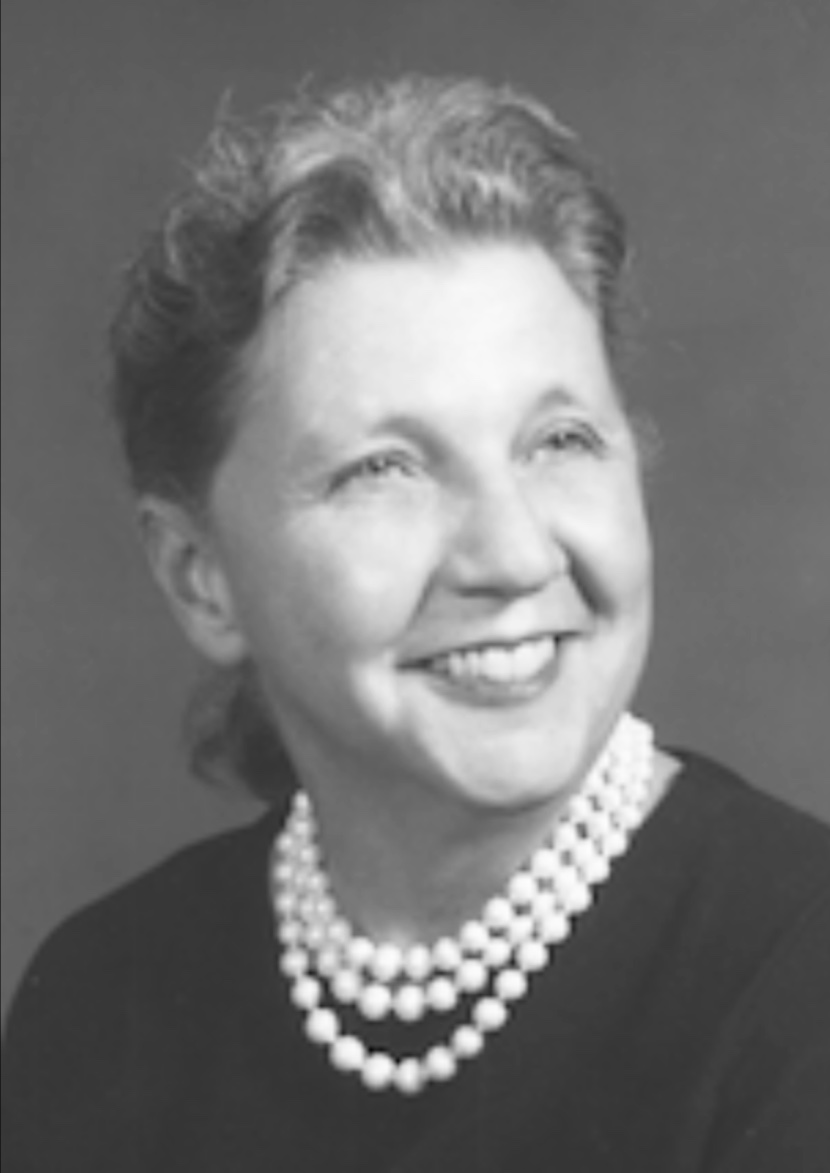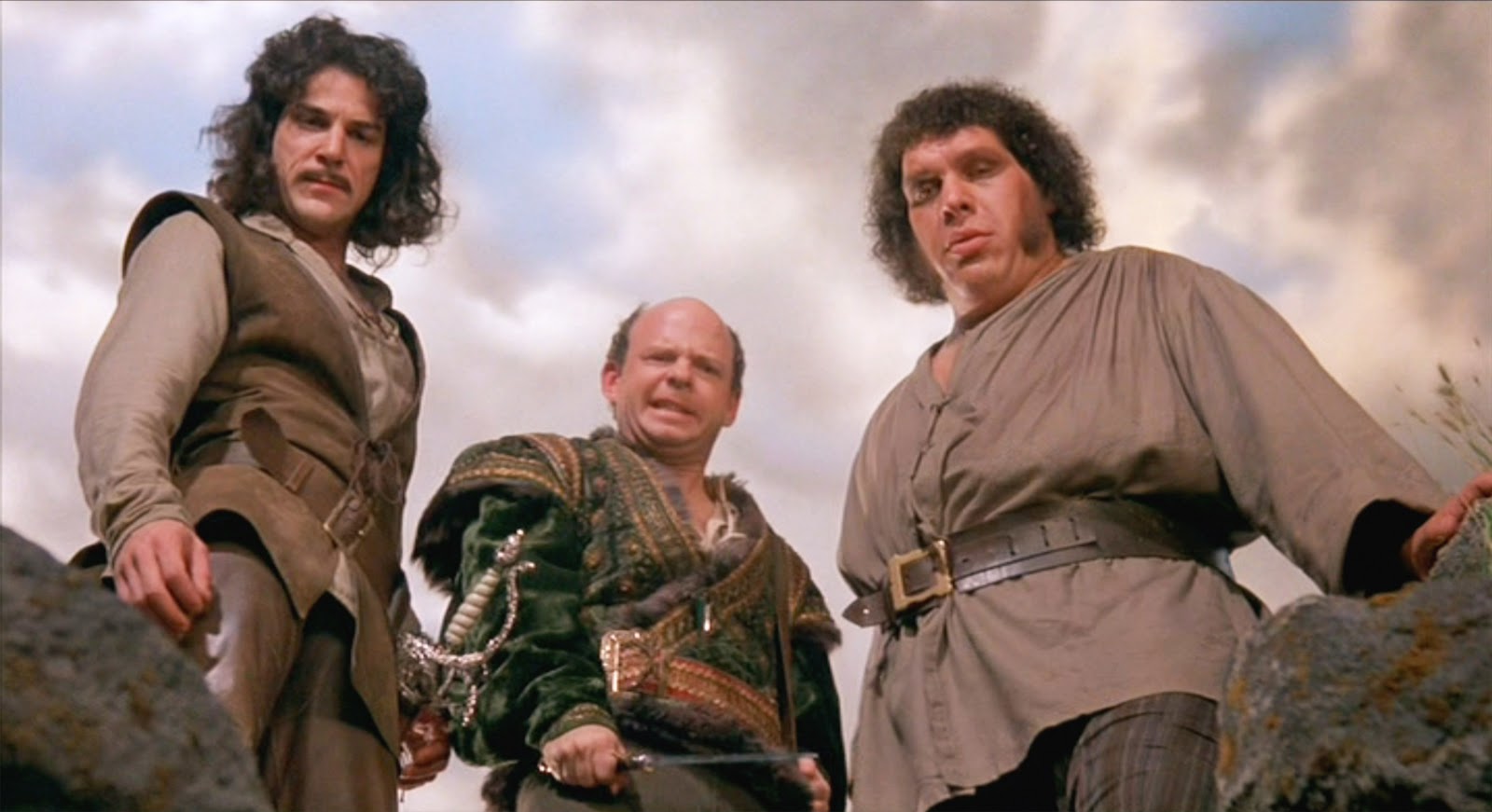
This profile originally appeared in Plotpoints Podcast, May 21, 2021
You could be forgiven if you know novelist/scriptwriter Larry McMurtry from only his multiple award-winning novel and mini-series “Lonesome Dove.” But McMurtry was pounding out both novels and screenplays on many more topics than the west right from the start of his career. He was never a one-off kind of writer.
McMurtry was born in Texas so it made a lot of sense for him to focus on the Lonestar State. He actually grew up on a ranch outside of Archer City which he renamed to the town of Thalia for his novels.
An odd bit of information from McMurtry’s memoirs states that he didn’t have any books when he was growing up until about the age of six. He inherited a boxload of young adult books from a cousin heading off to serve in World War II and began reading the western adventures left to him. One has to wonder but for this bit of serendipitous inheritance would we have been denied this amazing writer?
A Texas boy through and through McMurtry got a bachelors and masters degree of arts from two Texas universities.
He was also an academic fellow at Stanford Creative Writing with some impressive classmates including Ken Keasey, and then back to Texas when he did a year at TCU.
A breakthrough occurred when McMurtry’s novel “Horseman, Pass By” which was purchased and filmed as “Hud” starring Paul Newman as the titular character was produced. The film was nominated for seven Oscars and rocketed McMurtry to the A-list of novelists whose stories Hollywood wanted to tell.
“The Last Picture Show” was next. Set in Texas in the early 50's, it starred a young Sybil Sheppard, Jeff Bridges, and many other amazing actors. McMurtry wrote both the novel and screenplay. It told the story of coming of age in a town that is slowly dying. Picture Show, directed by Peter Bogdonavich, was nominated for eight Oscars in 1972, including adapted screenplay, winning two.























